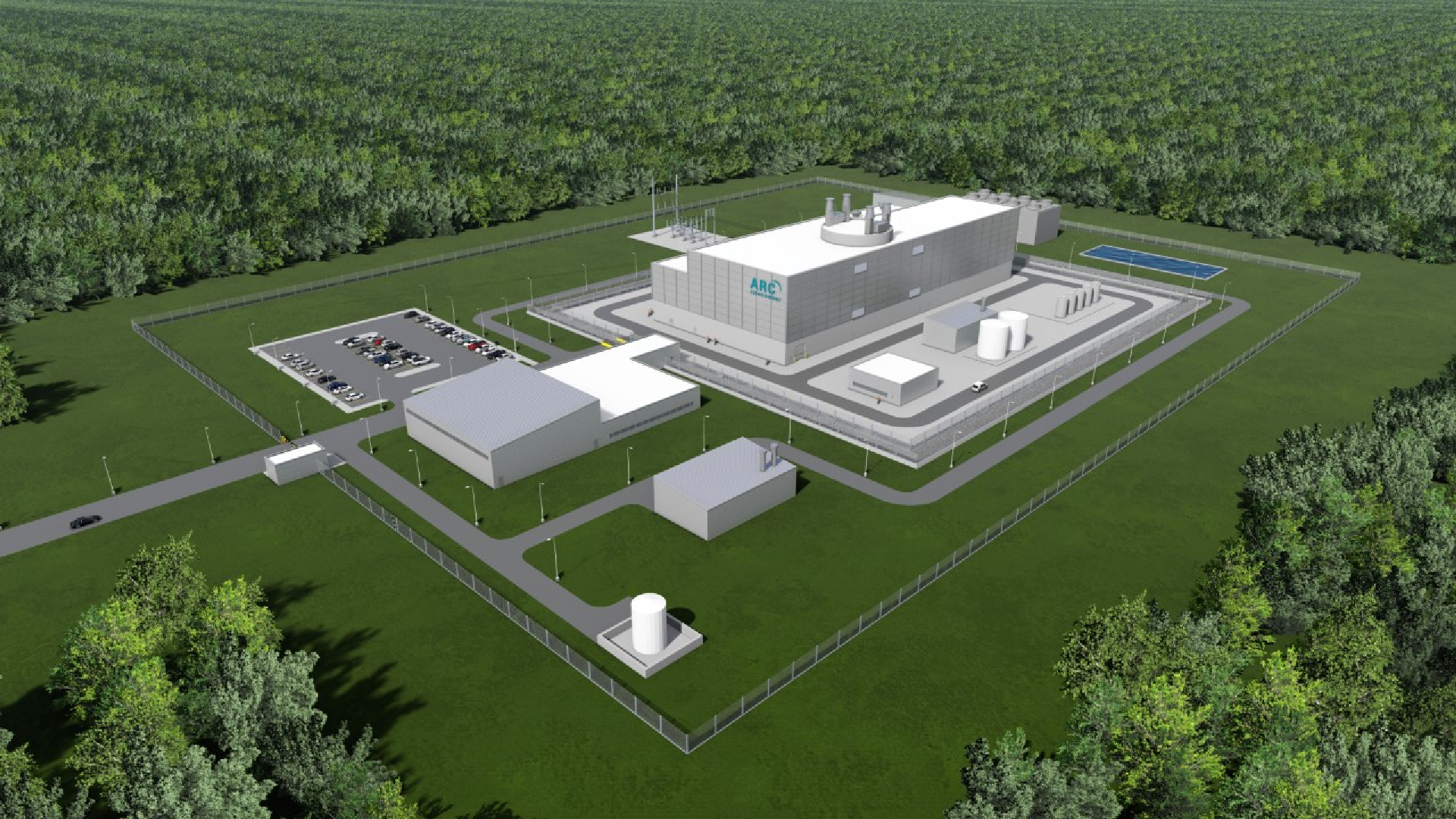 The governments of Canada’s Saskatchewan and New Brunswick provinces have signed a Memorandum of Understanding (MOU) to enhance co-operation on the development of small modular reactor (SMR) technologies. It enables the two provinces and their utility Crowns, SaskPower and New Brunswick Power, to share experiences, knowledge and successes on deployment plans, supply chain development, Indigenous relations, labour market development, regulations and other areas.
The governments of Canada’s Saskatchewan and New Brunswick provinces have signed a Memorandum of Understanding (MOU) to enhance co-operation on the development of small modular reactor (SMR) technologies. It enables the two provinces and their utility Crowns, SaskPower and New Brunswick Power, to share experiences, knowledge and successes on deployment plans, supply chain development, Indigenous relations, labour market development, regulations and other areas.
Saskatchewan Crown Investments Corporation Minister Don Morgan said "Saskatchewan and New Brunswick have established a strong working relationship on SMR development over the years," adding that the renewed partnership will bring mutual benefits to both provinces. New Brunswick Minister of Natural Resources & Energy Development Mike Holland said the province has expertise to share from four decades of reliable nuclear operations. "We are committed to playing a leadership role nationally and globally on clean and renewable energy. Nuclear energy is a key resource in the transition to a low-carbon future and our two provinces are well positioned to lead this evolution," he noted.
In December 2019, Ontario, New Brunswick and Saskatchewan signed an inter-provincial MOU to work together to advance SMRs in Canada, with Alberta joining in April 2021. In June 2022, SaskPower announced the selection of the GE-Hitachi BWRX-300 SMR as the preferred technology for initial grid-scale deployment in Saskatchewan. Ontario Power Generation had selected the same technology in December 2021 for their Darlington New Nuclear Project.
A delegation from Saskatchewan toured the Point Lepreau Nuclear Generating Station in 2022. The new agreement recognises US-based ARC Clean Technology’s ARC-100 advanced SMR as a potential technological solution to advance industrial decarbonisation in Saskatchewan. The ARC-100 is a 100 MW sodium-cooled fast reactor that has been selected by NB Power for implementation on Point Lepreau. It is scheduled for completion within the decade. The ARC-100 was identified by the Government of New Brunswick as technology of interest for industrial applications as it signed a memorandum of understanding regarding nuclear technology with the province of Saskatchewan.
The memorandum “provides the ability for the two provinces and their utility Crowns, SaskPower and New Brunswick Power, to formally share experiences, knowledge and successes on deployment plans, supply chain development, Indigenous relations, labour market development, regulations and other areas,” says the government of Saskatchewan press release.
“This announcement is a further testament to the growing support from multiple markets that aSMR technology, like the ARC-100, is vital to the path to net zero for heavy industry,” said ARC Clean Technology. Last month, ARC and Invest Alberta announced that they will jointly pursue commercialisation of the ARC technology in support of emissions reductions plans for the province of Alberta.
“SaskPower has already selected a generation three+ reactor [GE-Hitachi] for their utility use, and now they want a reactor for industrial applications. As we’ve said, ARC’s technology fits extremely well for both electric utility use and industrial steam production, due to our high heat output.”
“We’ve identified several industrial processes that can leverage the ARC-100 and over recent months our team has been responding to strong interest from business, government, and regulators,” said Bill Labbe, President & CEO of ARC Clean Technology Canada. “ARC is extremely pleased that the province of Saskatchewan, a global player in the mining industry, recognises the potential of our technology to support the clean energy transition in that province.”
Image: Artist's impression of a plant based on the ARC-100 SMR (courtesy of ARC Clean Technology)



